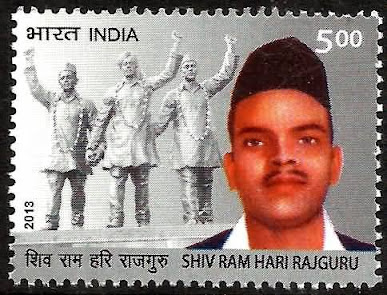Goldfinger is the seventh novel in Ian Fleming's James Bond series. Written in January and February 1958, it was first published in the UK by Jonathan Cape on 23 March 1959. The story centres on the investigation by the British Secret Service operative James Bond into the gold smuggling activities of Auric Goldfinger, who is also suspected by MI6 of being connected to SMERSH, the Soviet counter-intelligence organisation. As well as establishing the background to the smuggling operation, Bond uncovers a much larger plot: Goldfinger plans to steal the gold reserves of the United States from Fort Knox.
Fleming developed the James Bond character in Goldfinger, presenting him as a more complex individual than in the previous novels, and bringing out a theme of Bond as a St George figure. This theme is echoed by the fact that it is a British agent sorting out an American problem. In common with his other Bond stories, Fleming used the names of people he knew, or knew of, throughout his story, including the book's eponymous villain, who was named after the architect Ernő Goldfinger. On learning of the use of his name, Goldfinger threatened to sue, before the matter was settled out of court. Auric Goldfinger is obsessed by gold and—to Bond's eye—a gauche individual with unusual appetites; Fleming probably based the character on the American gold tycoon Charles W. Engelhard Jr. Fleming also used his own experiences within the book; the round of golf played with Goldfinger was based on a 1957 tournament at the Berkshire Golf Club in which Fleming partnered Peter Thomson, the winner of The Open Championship.
On its release, Goldfinger went to the top of the best-seller lists; the novel was broadly well received by the critics and was favourably compared to the works of the thriller writers H. C. McNeile and John Buchan. Goldfinger was serialised as a daily story and as a comic strip in the Daily Express, before it became the third James Bond feature film of the Eon Productions series, released in 1964 and starring Sean Connery as Bond. In 2010 Goldfinger was adapted for BBC Radio with Toby Stephens as Bond and Sir Ian McKellen as Goldfinger.









